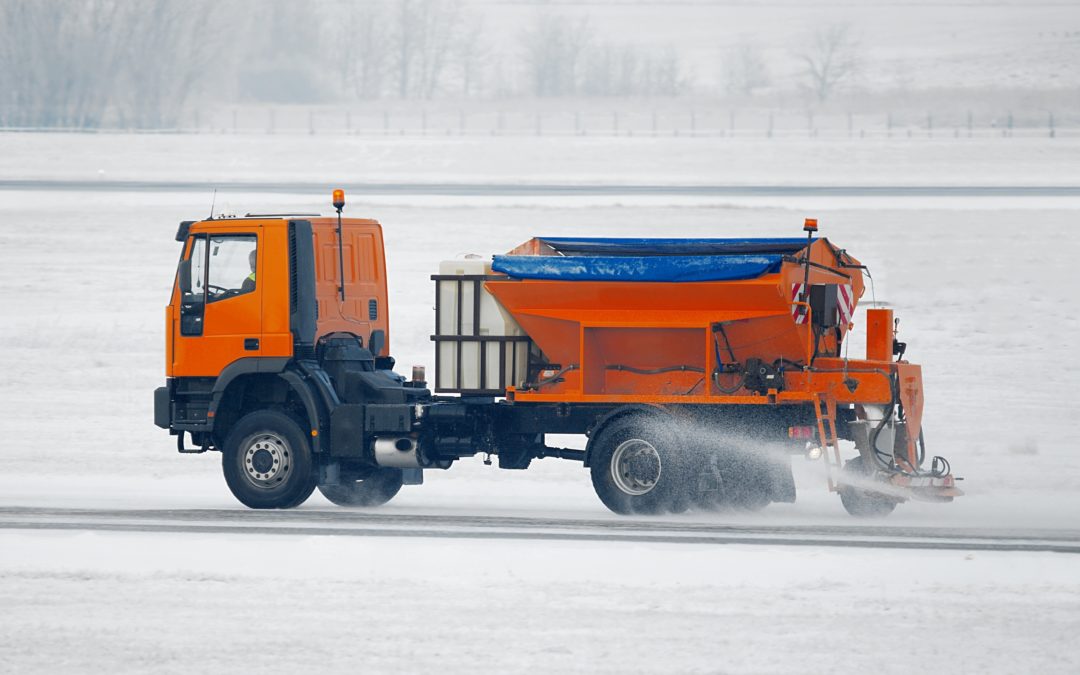
by lakeridge | Oct 14, 2019 | Commercial Paving, Residential Paving
You may have heard that salting asphalt roads, driveways and parking lots damages the pavement. There’s good news and bad news. Hot mix asphalt will not deteriorate when salted for de-icing purposes, but de-icers may exacerbate the effects of the freeze-thaw cycle and worsen existing potholes. Concrete driveways or parking lots are another story. Salt can damage the molecular bonds holding the concrete together, resulting in deterioration, weakened surfaces and compromised weight-bearing capacity. Asphalt driveway and parking lot owners shouldn’t celebrate prematurely though. Using rock salt to de-ice your driveway, parking lot or access roads can have negative consequences for local groundwater and living things, including animals and landscape features. What Are the Negatives of Salting Asphalt Pavement? Hot-mix asphalt is comprised of sand, petroleum and stone aggregate to maximize its stability and durability. One of asphalt’s beneficial attributes is a natural resistance to the potential damages of the freeze-thaw cycle. The asphalt formula also makes this type of pavement resistant to damage by salt. However, if asphalt paving is already in a degraded state, such as being riddled with potholes and cracks for example, the salt may potentially worsen damage caused by the freeze-thaw cycle. Salt will melt the water, which will stay liquid long enough to penetrate deeper and in larger quantities than it would if it were not salted. When the water does eventually freeze, it may further expand cracks and deepen/widen potholes. The salt itself isn’t the root cause but can be a contributing factor if the asphalt paving is poorly maintained or damaged prior to salting. Concrete, on the other hand, is vulnerable to...
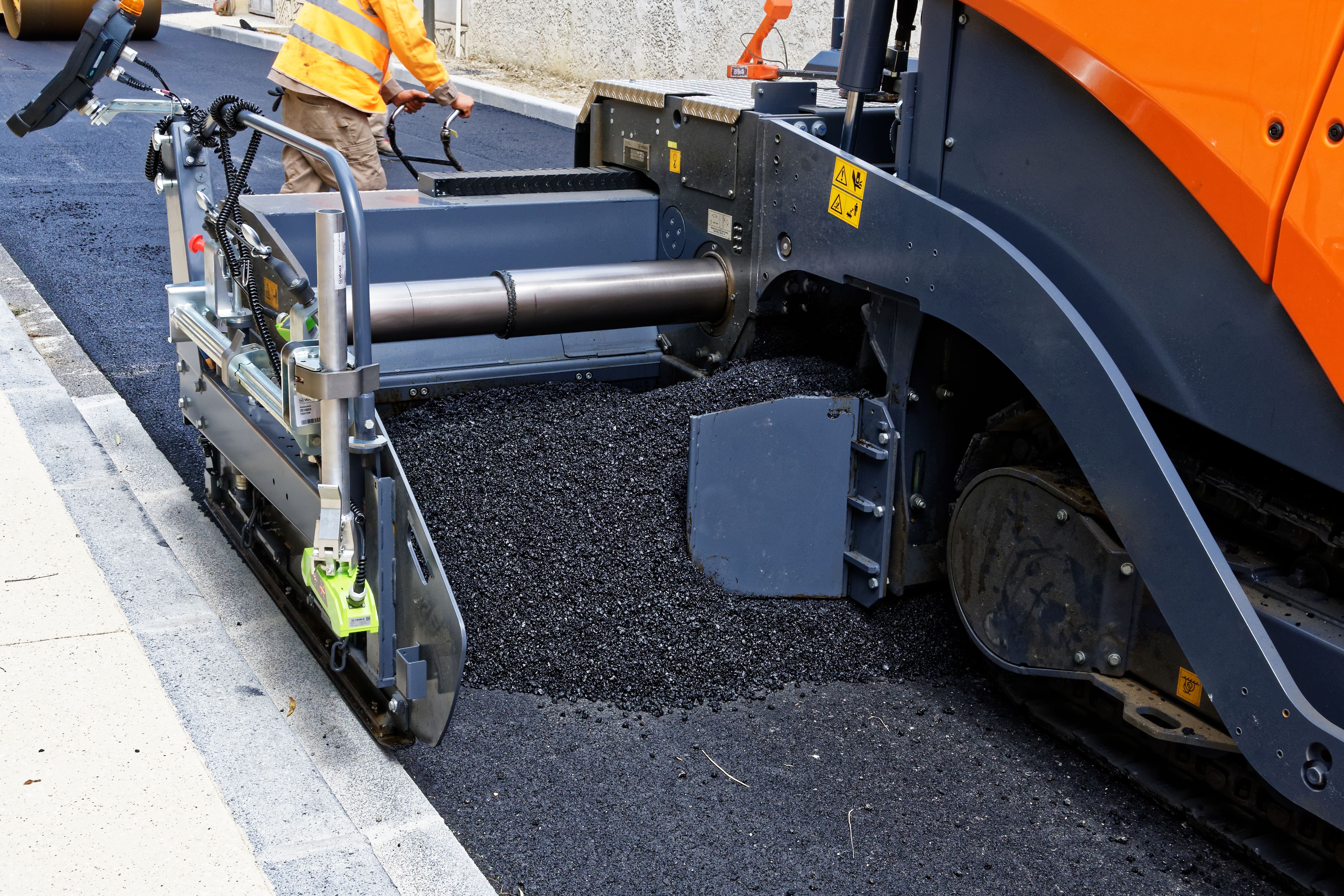
by lakeridge | Oct 14, 2019 | Commercial Paving, Residential Paving
An asphalt overlay is a layer of new asphalt applied over the existing base layer of asphalt on a driveway, parking lot or road. These new layers are generally about 1.5- to 3-inches thick, depending on the demands on the asphalt and the depth of surface asphalt removed. An asphalt overlay should not be considered an adequate alternative to repaving in every case, but it is a way to significantly extend the useful life of your paved surfaces if the base of your pavement is still in good shape. When Is an Asphalt Overlay Appropriate? There are several signs that indicate it’s time for some type of reparative action, whether it’s an asphalt overlay, repaving or just patching. Some of these signs include: Cracks Uneven pavement surface Potholes Promptly having cracks and potholes filled and sealed will extend the life of your driveway or parking lot and prevent those issues from worsening due to weather, heavy use and the passage of time. Fixing defects and damages is also important from a liability standpoint. Potholes are tripping hazards and can damage vehicles. No business wants to see their customers or employees get hurt or damage their property during their visit. The restorative solution you choose should be based on the age of the asphalt pavement and the severity of the issues affecting your asphalt driveway, parking lot or road. If a commercial parking lot was repaved within the past five or 10 years, complete asphalt repaving is likely excessive. However, if potholes and cracks are causing frequent problems, basic patching may not be enough to address the underlying problems. A...
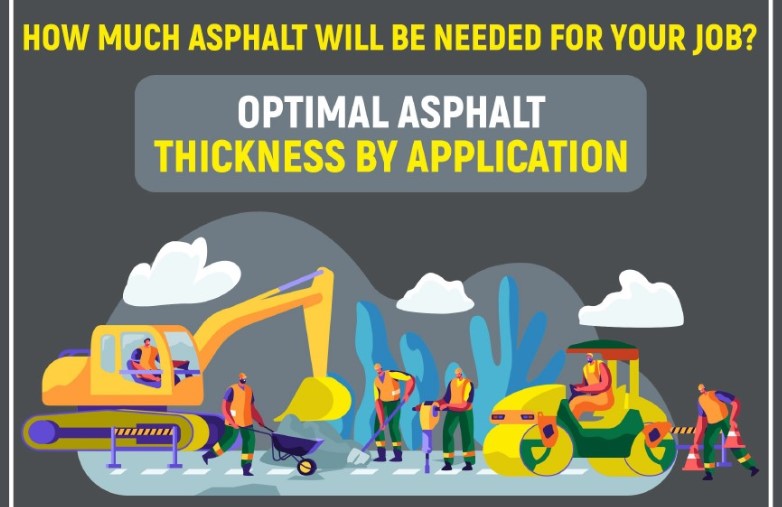
by lakeridge | Sep 20, 2019 | Commercial Paving, Residential Paving
See Full Infographic
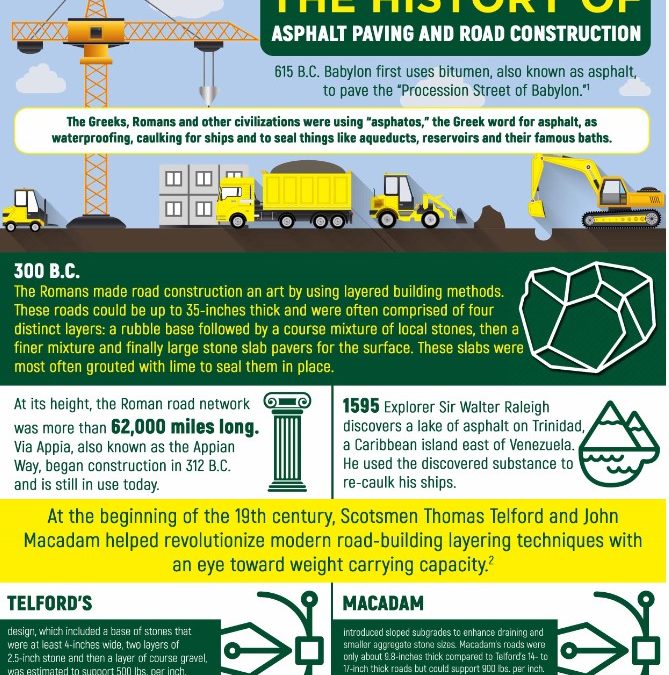
by lakeridge | Aug 12, 2019 | Commercial Paving
Click here to see full infographic or to download
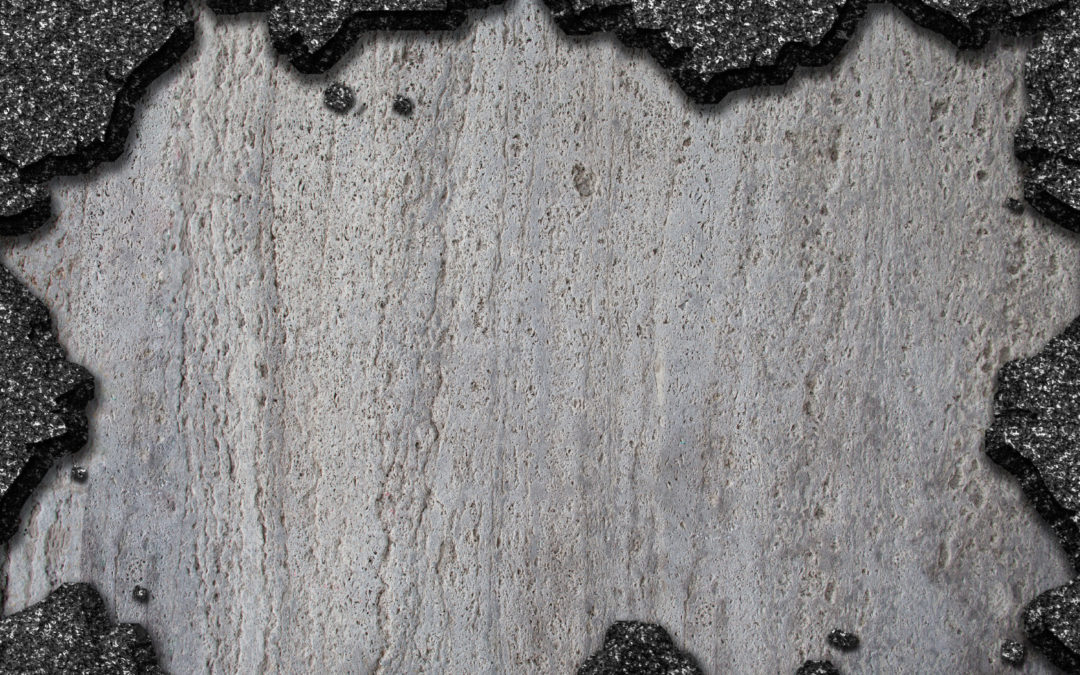
by lakeridge | Jul 10, 2019 | Residential Paving
Are you in the market for a new driveway and are trying to determine whether you should go with an asphalt driveway or a concrete driveway? The following are some important factors to consider when making your choice. Asphalt Driveways vs. Concrete Driveways Concrete driveways are, in general, one and a half to two times more expensive to install per square foot than asphalt driveways. This also means concrete driveways cost significantly more to repair compared with asphalt driveways. Some paving experts will tell customers that concrete driveways will last longer, but as with all home improvement services, the end results and their longevity has more to do with quality workmanship and materials than anything else. The other factor that will significantly impact the lifespan of any driveway, whether concrete or asphalt, is frequency of maintenance. A properly maintained asphalt driveway can last decades. Here are some other factors to keep in mind when trying to decide whether you want an asphalt driveway or a concrete driveway: It takes seven days of curing before you can drive on a concrete driveway, but you can drive on an asphalt driveway nearly right after it has been applied. When cracks do appear in an asphalt driveway they can be quickly and affordably repaired and resealed while still looking great. Cracks are harder to patch in concrete, are more noticeable and may require invasive, messy and time-consuming methods to fix. Asphalt is elastic enough to expand or contract with changes in temperature or when bearing heavy loads. Concrete driveways are more prone to crack in cold temperatures or under heavy weights. If...







